The ‘refugee crisis’ of 2015 conjures tragic images and headline-grabbing figures, from the haunting pictures of Alan Kurdi, the three-year-old boy who drowned during the short but treacherous crossing from Turkey to Greece, to discomfiting scenes between baton-wielding border guards and desperate families seeking sanctuary. Philanthropy has been responding and will continue to do so in very constructive ways. However, its greatest opportunity may be in treating the refugee crisis not as a separate event, but as part of a wider effort to create more just and equal societies.
Over a million refugees, asylum seekers and migrants arrived on Europe’s shores during the past 12 months. Latest estimates from the UN High Commissioner for Refugees (UNHCR) suggest that at least 3,500 drowned attempting to do so. And, contrary to popular perception, just over 40 per cent were women and children, including thousands of children separated from their families. Europe’s refugees are a mere fraction of the tens of millions displaced worldwide, but 2015 did mark one of the continent’s biggest population movements since the Second World War.
The challenges posed by ongoing events are undoubtedly daunting. While a large proportion of those arriving in Europe in 2015 were fleeing from the conflict in Syria, an over-emphasis on this group masks a more complex picture of displacement, simmering global inequality and changing demographics. In addition, many of the durable solutions ultimately lie in resolving seemingly intractable conflicts in the Middle East and further afield.
European foundations’ response
Given the scale of human suffering and the fact that the numbers arriving show no signs of abating, how could and should foundations respond? And what are they already doing? According to a survey of UK foundations conducted by Ariadne and Global Dialogue, a majority of respondents are planning to adjust their long-term strategies to adapt to new realities and some have already provided emergency grants.
‘As a parallel European Foundation Centre survey highlights, many foundations recognize the immediate need to improve the living conditions for new arrivals and enable them to access legal advice and education.’
In a European context, there is considerable scope for foundations to fund humanitarian aid. This is particularly the case in border states such as Greece, which is bearing the brunt of the crisis while contending with its own domestic woes. As a parallel European Foundation Centre survey highlights, many foundations recognize the immediate need to improve the living conditions for new arrivals and enable them to access legal advice and education.
However, there is also the perennial concern about philanthropy replacing the role and resources of governments and international organizations, and some may not even have the mandate to countenance this type of emergency funding. On the other hand, doing nothing seems to be an increasingly untenable option for foundations concerned with peace, equality and social justice in Europe.
Tapping the upsurge of sympathy
One way to navigate some of these issues is to consider where philanthropy might be uniquely suited to intervene. In the short term, in addition to more service-oriented assistance, some foundations have been thinking about how to capitalize on the outpouring of sympathy and compassion for Europe’s newest arrivals that reached a crescendo upon the publication of the pictures of Alan Kurdi’s body.
In the UK, where the effects of the crisis are much less visible on the ground than elsewhere, refugee charities have been inundated with offers of support and requests to volunteer. Although it is as yet unclear whether these are ‘converts’ to the cause or people already sympathetic to refugees mobilizing into action, a number of UK-based foundations and their civil society partners have discussed the strategic importance of the heightened focus on refugee protection.
For example, there are countless examples of civil society or citizen-led initiatives springing up in support of refugees. Small-scale and timely resources to embed schemes to host and welcome new arrivals could help maximize their impact. To this end, a number of UK-based foundations, including the Barrow Cadbury Trust, have established New Beginnings, a pooled fund to provide catalytic support to frontline organizations and community groups. Grants will be modest and short-term but is it hoped that they will enable groups to respond to the opportunities presented by the current context.
The opportunity for increased advocacy
Another important consideration is that the renewed interest in refugee issues provides invaluable opportunities to ramp up advocacy. For example, linking calls for safe and legal routes to safety, and humane family reunification policies to the current crisis, could provide much-needed impetus and immediacy to existing campaigns at both national and European level.
‘Philanthropy is playing a critical role in providing additional capacity for campaigners to push through doors that might be starting to open.’
This is particularly true in cases where non-refugee organizations and unusual allies are impelled to comment on ongoing events. In the UK mainstream charities such as Oxfam, as well as a host of sports stars and celebrities, have spoken up about the crisis. They may be better positioned to reach some sceptical audiences than refugee organizations. In this context, philanthropy is playing a critical role in providing additional capacity for campaigners to push through doors that might be starting to open.
Helping to change the larger debate
In the longer term, foundations are uniquely placed to connect immediate responses to the crisis to work to understand public attitudes and concerns about migration and refugee issues in Europe. The differential impacts of both the crisis and migration generally throughout the continent, as well as variations in the way the debate is conducted from country to country, means that ‘one size fits all’ approaches are unhelpful. But in countries such as the UK, where migration and refugee issues are highly contested and politicized, a hostile and polarized debate can hinder wider efforts to promote the fair and dignified treatment of refugees, asylum seekers and migrants.
This is why some foundations have focused on the complex and often overlooked arena of communications around migration, From our perspective, ignoring the need to change the dynamic of the wider migration debate over time could thwart shorter-term gains in terms of building support for refugees.
Finally, investing to build stronger, more resilient and inclusive communities is another way in which foundations can add significant value in managing the impact of the refugee crisis in Europe. Some governments are providing basic, short-term assistance to refugees to help them adjust to the countries where they have sought sanctuary. However, this still leaves considerable scope for philanthropy to continue to invest in initiatives that support creative approaches and share expertise on what works within communities affected by rapid change. For example, the Cities of Migration website highlights good ideas in immigrant integration from all over the world.
Questions remaining
There are many compelling reasons for foundations in Europe to respond to the refugee crisis, but there are also potentially harmful consequences to consider. Is there a risk of entrenching unhelpful dichotomies between ‘deserving’ refugees and supposedly less worthy migrants? What would an increased focus on refugees mean for other vulnerable groups, such as Europe’s several million undocumented migrants? What will happen to those arriving who are not given refugee status?
There are no easy answers of course, but a useful starting point could be to situate responses to the current crisis in the wider context of Europe’s complex and rapidly shifting demographic realities. If philanthropy is to play a constructive role, the ‘refugee issue’ should not be seen as a separate problem to be fixed but as part of wider efforts to reduce inequality and achieve inclusive, equal societies.
EPIM: a collaborative European response
Europe’s current challenges in responding to the increase in refugee arrivals have demonstrated the urgent need for coherent EU migration policy and funding in this area. In 2005, European foundations came together to create the European Programme for Integration and Migration (EPIM). EPIM supports civil society organizations through grants combined with a capacity and network development programme to enable them to advocate for constructive approaches to migration in Europe. This European collaboration has made it possible for the partner foundations to work on a wider scale and with a longer-term impact on migration.
An initiative of the Network of European Foundations (NEF), EPIM involves more than 20 foundations from ten European countries. To date, EPIM has spent €7.2 million and made 56 grants to CSO-led projects. The budget for the next three years (2016-18) is about €10 million.
EPIM has set up a number of subfunds on issues where there are opportunities to add value in relation to Europe’s migration policy and practice. While the funding strategies are aiming towards long-term impact in the field, adjustments have been made to respond to the so-called ‘refugee crisis’.
Reforming the Common European Asylum System (CEAS)
EPIM’s attention remains on strengthening civil society advocates in transferring policy recommendations from the ground to policymaking processes. In addition to convening a debate on reforming the CEAS, EPIM focuses on issues related to detention and the protection of children, especially those who are unaccompanied and separated from their families. Advocacy for policy change at EU level is supported by work in focus countries such as Italy, Greece, Bulgaria, Germany, Cyprus and Belgium, where particular national challenges are addressed. In addition to EPIM’s traditional advocacy focus, service-oriented assistance is now being funded when piloting or scaling up approaches promises immediate as well as long-term impact.
Upholding the principles of EU mobility
The question of EU citizens’ mobility is becoming ever more sensitive. A dedicated fund will support CSOs to advocate for access to housing and social benefits for mobile EU citizens and to reverse the recent trend towards restrictive interpretation of the Citizens Directive in several member states.
Supporting CSO voices in the public discourse
There is an increasingly challenging public discourse on migration, which in turn influences policymakers. In this context, EPIM is offering training, convenings and grants to CSOs to help develop their capacities for messaging and strategic communication and enable them to be more vocal in public debates.
There is a lot to do and foundations can only do some of it. Finding those niches, working together and amplifying our efforts with European responses, we can contribute to a thoughtful and sustainable response in a critical time.
For more information
http://www.epim.info
Contact EPIM programme manager Sarah Sommer at sarah.sommer@epim.info
Major Alliance a ‘catalyst’ for partnership
A group of Dutch foundations have come together to create Major Alliance, a foundation in the Netherlands to build alliances to address global issues, among which is migration. It will act as ‘the catalyst that bring all parties together in a partnership’, says Rien van Gendt who, with Steven van Eijck, will lead the migration element. The Alliance will not deal with the immediate relief and care of refugees but will focus on their mid- and long-term settlement, considering four main clusters of problems:
- Education and the labour market: acknowledgement of diplomas, finishing studies in the Netherlands, assessment of competences, microcredit schemes, voluntary work for refugees
- Social cohesion: language courses, civic education, buddy systems
- Trauma and mental health: screening of young children in schools, tools to support teachers, follow-up treatment
- The narrative: correcting perceptions regarding refugees and immigrants
Major Alliance is a sign that, confronted with large-scale and complex issues like migration, foundations in the Netherlands are prepared to stretch their official mandate to address them, and to work in partnership to do so.
At the moment, those involved include the Augeo, Femi, Noaber and Porticus Foundations. However, discussions with others, both inside and outside the foundation world, are taking place.
For more information
http://www.maatschappelijkealliantie.org
bureau@maatschappelijkealliantie.org
Ayesha Saran is programme manager – migration at Barrow Cadbury Trust. Email a.saran@barrowcadbury.org.uk
Supported Options helps young, undocumented migrants
Launched in 2012, Supported Options aims to help the estimated 120,000 young people in the UK with ‘irregular’ or ‘undocumented’ immigration status. It is a joint funding initiative of London-based Paul Hamlyn Foundation and Unbound Philanthropy.
Few foundations in the UK fund work in the migration sector, and even fewer work with this particular group. So one aim of the initiative is to shine a light on the injustices these young people face and help draw more funders to what is becoming a global phenomenon.
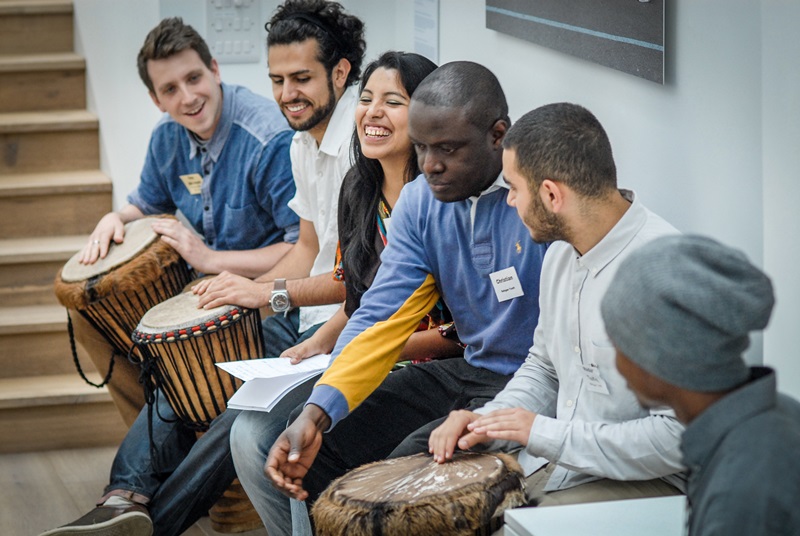
The Digital Undoc camp was held at the Paul Hamlyn Foundation offices as part of Supported Options to develop ways of using digital technology to support young people with irregular immigration status in the UK.
Being young and undocumented in the UK brings with it enormous challenges: vulnerability to hardship and destitution; exposure to exploitation and criminality; exclusion from health, welfare and education services; lack of access advice, information and justice. Young people are unable to plan, prepare for or even imagine a future adult life.
Given the complexity of these challenges, and the ways they intersect with political and media narratives about migration, the solutions often involve wholesale policy and attitudinal change. The initiative is therefore taking a ‘creative philanthropy’ approach – experimenting with a mix of methods and working closely with grantees.
In the first two years the initiative supported a range of work to understand the barriers faced by young people and practical ways to support them. Now the focus is on two main areas: helping young people access quality legal advice and representation to resolve their legal status, and supporting children to regularize their status by registering as British citizens. Our grantees and partners are children’s charities, refugee and migration community organizations, advice providers and law centres. Their strategies include linking young people to legal help, increasing the legal skills of caseworkers and creating conditions whereby young people support each other and speak out. Often working together, they are trying to piece together support for young people who may be extremely wary of seeking help.
For more information
http://www.phf.org.uk/programmes/supported-options-initiative

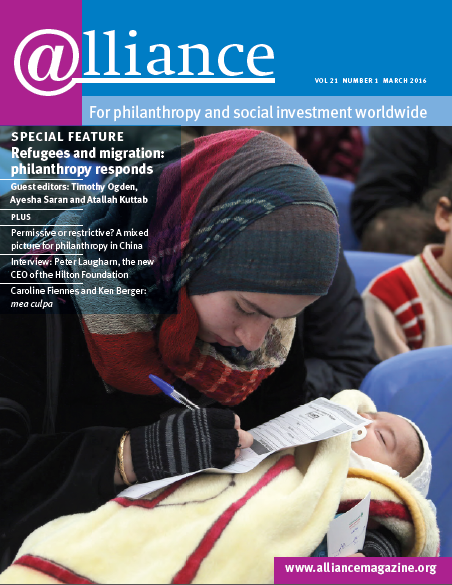
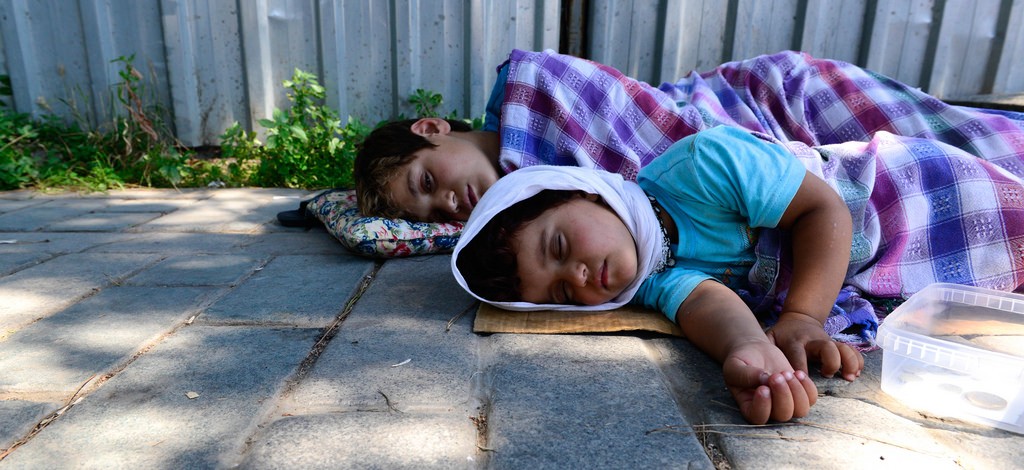
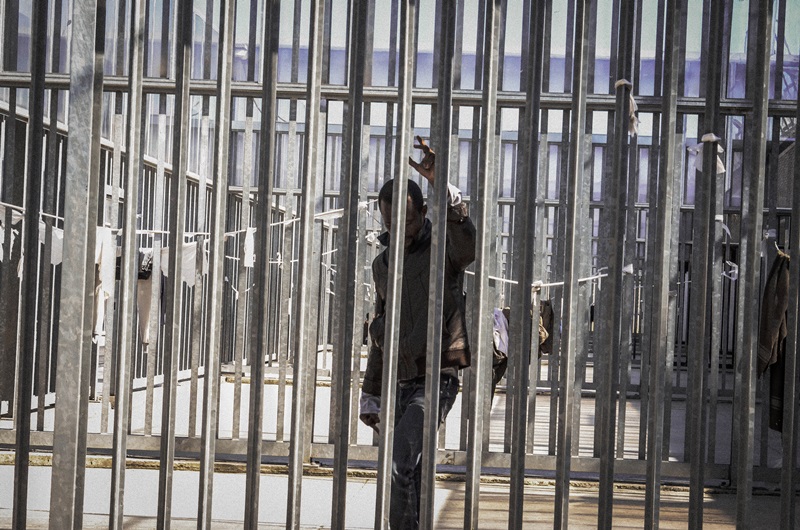



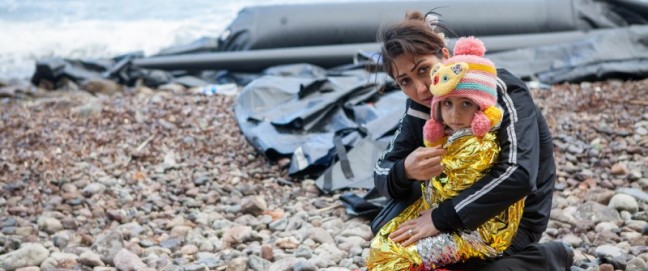
Comments (0)